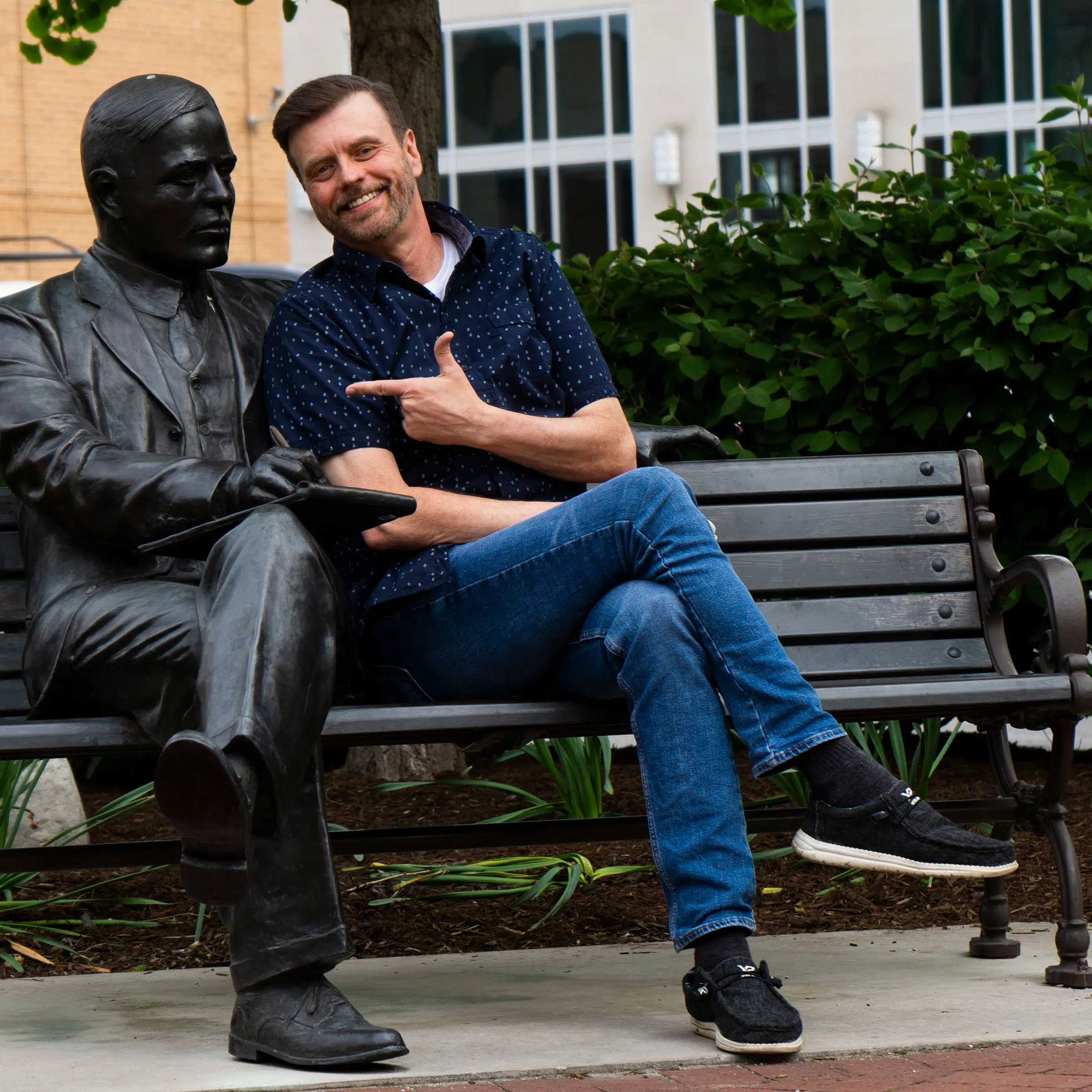By Catarina Demony
LONDON (Reuters) -The Scottish parliament voted on Tuesday in favour of a bill that would allow people living in Scotland with a terminal illness to take their own lives, bringing the proposal a step closer to becoming a reality in the country.
Ahead of a final vote, the Assisted Dying for Terminally Ill Adults (Scotland) Bill will move to a committee stage where it will be scrutinised and amended by members of the Scottish parliament.
If the legislation is passed, Scotland would join countries such as Switzerland, Canada, New Zealand, Austria and Ecuador in allowing assisted dying in certain circumstances.
It comes after a historic vote last year in the British parliament in which lawmakers backed a bill to allow assisted dying in England and Wales.
The Scottish bill would give mentally competent adults who have been diagnosed with a terminal condition the right to end their life, assisted by health professionals.
The legislation would include safeguards such as independent assessments by two doctors and a 14-day cooling-off period. There would be a requirement for those requesting an assisted death to have lived in Scotland for at least a year.
Individuals would need to self-administer the substance that would end their life.
The bill was proposed by Liberal Democrat member of the Scottish parliament Liam McArthur in 2021, and it is the third time that lawmakers in Scotland have voted on such legislation. The last vote was in 2015.
Ahead of the vote, McArthur joined supporters outside the Scottish parliament and said he believed the “political mood has shifted dramatically over the last 10 years”.
Polls show a majority of Britons back assisted dying and supporters say the law needs to catch up with public opinion. Opponents say the bill would fail to safeguard those most vulnerable.
Campaign group Better Way said on its website it was concerned the bill, as drafted, could lead to injustices against people with disabilities, those living with dementia and others.
“People would feel pressure to die due to inequality; coercion of vulnerable people could not be ruled out; and eligibility criteria would be challenged in the courts,” said Better Way spokesman Miro Griffiths.
(Reporting by Catarina Demony; Editing by Alex Richardson)





Comments